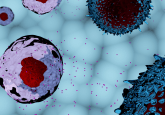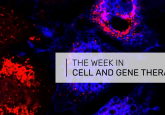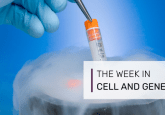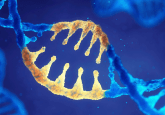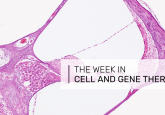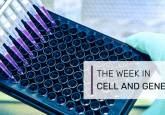NaV1.7 repression by non-permanent gene therapy offers non-addictive alternative for chronic pain
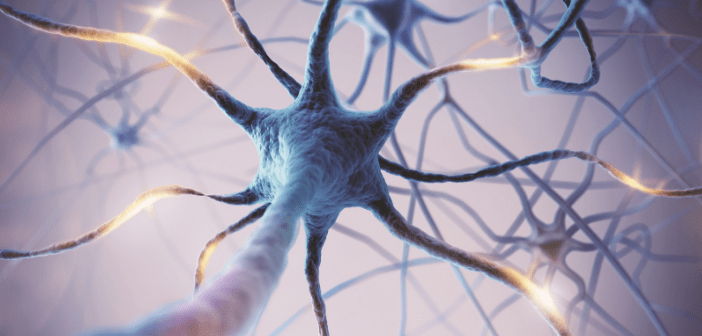
A new gene therapy has been developed by researchers at the University of California San Diego (UCSD; CA, USA), which works by temporarily repressing the gene coding for the voltage-gated sodium channel protein (NaV1.7), SCN9A. The therapy increased pain tolerance in mice, lowered their sensitivity to pain and provided months of pain relief without causing numbness, providing a safer, non-addictive alternative to traditional opioid treatment. The findings are published in Science Translational Medicine. Opioid painkillers are the current standard of care but can make people more sensitive to pain over time, leading them to rely on increasingly higher doses. Lead...
